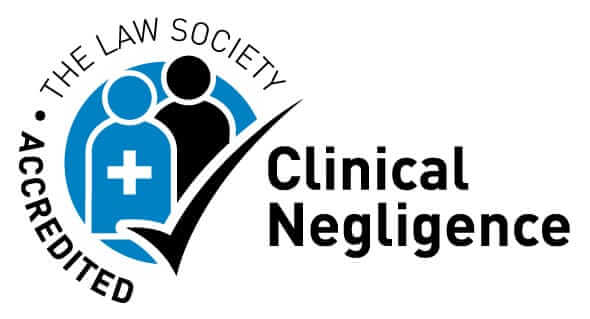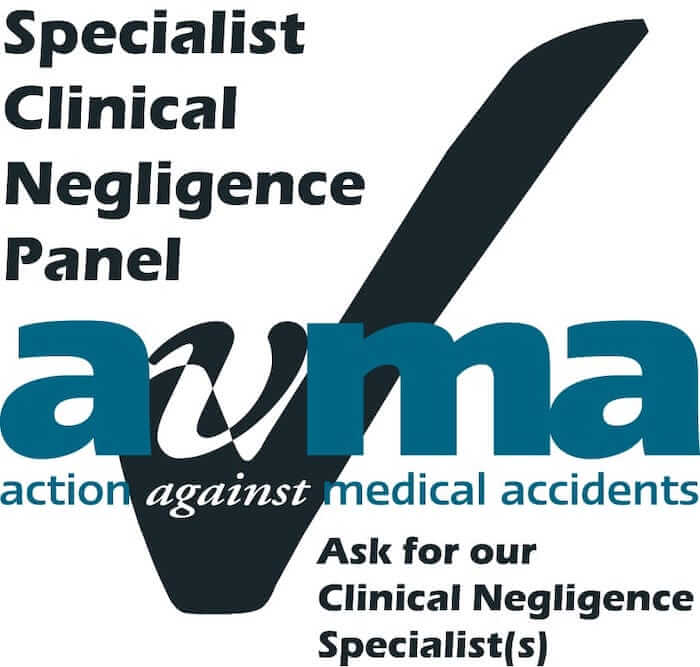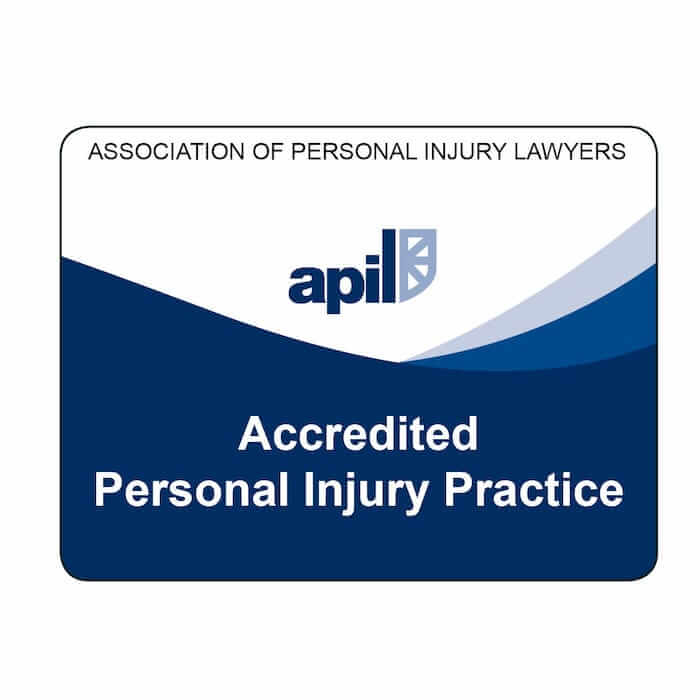Aortic Aneurysm Compensation Solicitors
Any type of clinical negligence can have devastating and long-lasting impacts on those affected, and the people they love. Among the most tragic of these is aortic aneurysm negligence.
An aortic aneurysm can be fatal, so if you or someone you love has experienced complications from aortic aneurysm non-diagnosis or misdiagnosis, you may be able to make a claim for the injuries and financial losses. At Hodge Jones and Allen Solicitors, we know the impact that negligence can have on the lives of everyone affected, which is why we want to help you get the compensation you deserve.
Contact us today for a free consultation. Our highly-experienced team of specialist clinical negligence lawyers are here to assist and advise.
 “Excellent team, with plenty of medical experience behind it, as well as involvement in some of the biggest cases. They are an excellent firm for individuals, and will go the extra distance for them.” – Legal 500, 2025
“Excellent team, with plenty of medical experience behind it, as well as involvement in some of the biggest cases. They are an excellent firm for individuals, and will go the extra distance for them.” – Legal 500, 2025
 The team has been ranked in the Chambers & Partners 2025 legal directory. “Hodge Jones and Allen work incredibly diligently to get the outcomes their cases require and show serious commitment to the social justice outcomes of their work.”
The team has been ranked in the Chambers & Partners 2025 legal directory. “Hodge Jones and Allen work incredibly diligently to get the outcomes their cases require and show serious commitment to the social justice outcomes of their work.”
we can help.
0330 822 3451Contact our specialist team today for a free initial telephone consultation about the process and your options. Free 24 hours a day.
request a call back.
What is aortic aneurysm negligence?
Delayed diagnosis or misdiagnosis of a ruptured aortic-aneurysm can tragically have fatal consequences. For this reason, this type of negligence is a serious issue. Typical claims made against organisations for aortic aneurysm negligence come as a result of:
- Failure to arrange screening for those at risk
- Failure to monitor an at-risk patient by ensuring that they have follow-up ultrasounds every six to twelve months
- Failure to discuss the risks and benefits of continuing to watch the aneurysm or performing surgery
- Failure to advise the patient of the presence of an AAA following scans investigating other conditions.
- Failure to diagnose AAA in patients attending Accident & Emergency
An aneurysm often takes many years to develop and may often show no symptoms at all. Only when the aorta begins to leak do patients notice a sudden severe pain in their abdomen or back.
Symptoms that should be spotted include:
- Intense abdominal, back or chest pain
- Sweating
- Clamminess
- Dizziness
- Leg pain
- Low blood pressure
- Nausea and/or vomiting
- Blue toes
- High heart rate
If you or someone you love has suffered complications from an aortic aneurysm non-diagnosis or misdiagnosis, you may be able to make a claim for any injuries and financial losses incurred.
Why choose Hodge Jones & Allen solicitors?
With over four decades of experience, you can rely on our team to advise you in detail about the merits of your claim and your funding options, as well as ensuring that you and your family get the best possible results. Our Medical Negligence team have deep experience of abdominal aortic-aneurysm (AAA) negligence claims against GPs, NHS Trusts and private hospitals.
When you call us, we will arrange an initial chat to find out more about your case. The majority of our medical negligence claims are funded by ‘Conditional Fee Agreements (CFAs) – also known as “No Win No Fee” agreements.
This means that you will not have to pay anything at the outset, and there is no financial risk or obligation to you if your claim is unsuccessful. Your solicitor will provide clear information on what this means and answer any questions you may have.
Who can I make a claim against?
The law says that any medical professional or organisation who is caring for a patient owes a ‘duty of care’ to that patient. If that duty of care is breached and causes an injury, then a claim can be made.
"They are a professional and approachable team who care about their clients' needs." Chambers UK, 2021
What do I need to prove to win a case?
The claimant needs to show that they have suffered an injury as a result of negligent medical treatment, and that there was a ‘breach of duty’ and ‘causation’.
It is widely accepted that a medical professional owes their patient a duty of care. To establish that there has been a breach of this duty, you will need to show that the treatment received fell below a reasonable standard. A ‘reasonable’ standard of treatment is that which you would expect to receive from a reasonably competent medical professional in the specific area of medicine concerned at the time in question.
To establish causation, you will need to show that the breach of duty directly caused you to suffer a physical or psychological injury that you would otherwise not have suffered.































